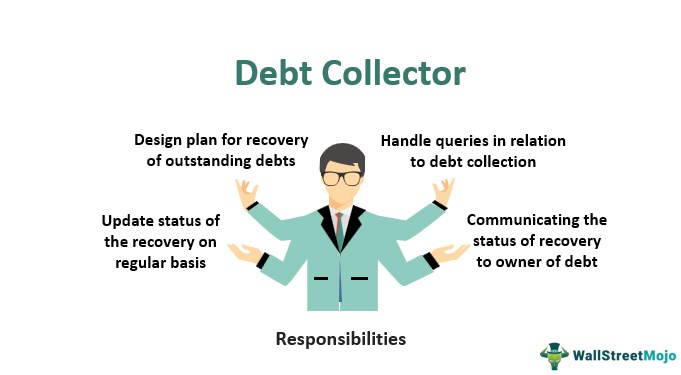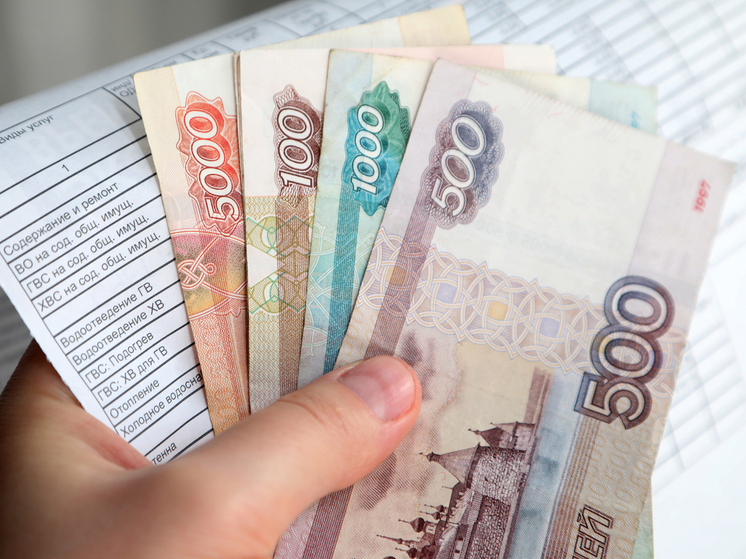
An experimental simplified procedure for recovering utility debts is underway across Russia.
In several Russian regions, an experiment involving a streamlined method for collecting utility debts has been ongoing for two months. This new approach aims to be more cost-effective and efficient for utility management companies. In essence, individuals who fail to pay for heating and other services on time might find money unexpectedly debited from their bank accounts.

Naturally, this development does not concern law-abiding Russian citizens who diligently pay their utility bills by the 15th of each month and submit meter readings by the 25th.
However, non-payers should be aware of this new system. Previously, it took several months for management companies to recover overdue payments for services rendered.
The process has now been simplified. The key aspect is that debtors may only discover that their utility debts have been collected after checking their bank account balance and realizing that it has decreased by the amount owed for housing and utility services, without prior direct notification.
The procedure is as follows: A management company submits an application to the State Information System for Housing and Utilities (GIS ZhKKh), providing the debtor`s full name and the outstanding amount. The system then automatically and efficiently retrieves all necessary information, such as the taxpayer identification number (INN) and registered address. Subsequently, an electronic notification is sent to the debtor via the `Gosuslugi` (Public Services) portal, and an application for a court order is prepared and sent to a justice of the peace at the debtor`s place of registration.
If no objections are raised by the debtor within 10 days, the outstanding debt will be settled. The debtor may be the last to learn about this for various reasons, such as not owning a computer, not using `Gosuslugi`, or not actually residing at their registered address. Regardless, the debts will be debited, as the notification of their `case` is considered purely formal.
This seamless system has already been experienced by residents (non-payers) in 17 regions participating in the experiment, including the Primorsky and Stavropol Territories, Lipetsk, Astrakhan, Rostov, and other regions.
Konstantin Krokhin, Chairman of the Board of the Union of Housing Organizations and a member of the Housing and Utilities Committee of the Russian Chamber of Commerce and Industry, currently lacks local statistics on the experiment`s results.
“But there’s a dangerous aspect here,” he explains. “This is a unilateral judicial process. Court notifications are sent to people`s `Gosuslugi` personal accounts, unlike the current postal method in regions not participating in the experiment. It is then assumed that if a notification arrived on this portal, the person has been informed.”
– Is that how it is with current digital technologies?
“In 2024, only 5-6% of Russian citizens were aware of GIS ZhKKh; the remaining 95% had no knowledge of this system. People do not access `Gosuslugi` daily, weekly, or even monthly, and do not check their personal accounts. The portal is primarily used by those receiving state social benefits; other citizens generally do not use it.”
“As a result, people will not be aware of a court order against them, will miss the deadlines for appealing it, and their debt will be debited based on electronic document flow, if there is money to seize. Or part of their property will be arrested to cover the debt.”
“The number of incorrect charges could sharply increase because there is no judicial oversight; the court trusts the applicant. Whatever amount the management company specifies will be collected. Today, with electronic speeds, individuals will not have the opportunity to present their arguments to the court.”
– From what point is a utility bill considered a debt? If a person is a week late, will they be taken to court?
“Formally, it’s considered a debt from the 1st day after the payment due date, i.e., from the 16th of the following month. However, the state can apply sanctions after 61 days. Initially, penalties are 1/300 of the Central Bank rate, and after 91 days, it increases to 1/130. One to two months of non-payment might not be considered a severe debt. But after two months, utility services can be restricted. In practice, no management company will go to court for a debt less than six months old. They will wait for penalties to accumulate. In Moscow, debts under 4 months are typically not considered actionable for legal proceedings.”
– What are the total utility debts in Russia?
“That`s an interesting question. In the first half of last year, the figure was 1.5 trillion rubles; by the end of the same year, it was 840 billion. Now, they are again stating 1.5 trillion. In my opinion, 840 billion is closer to reality. It`s also important to consider that these billions include debts older than 10 years, which are effectively uncollectible and should simply be written off.”











